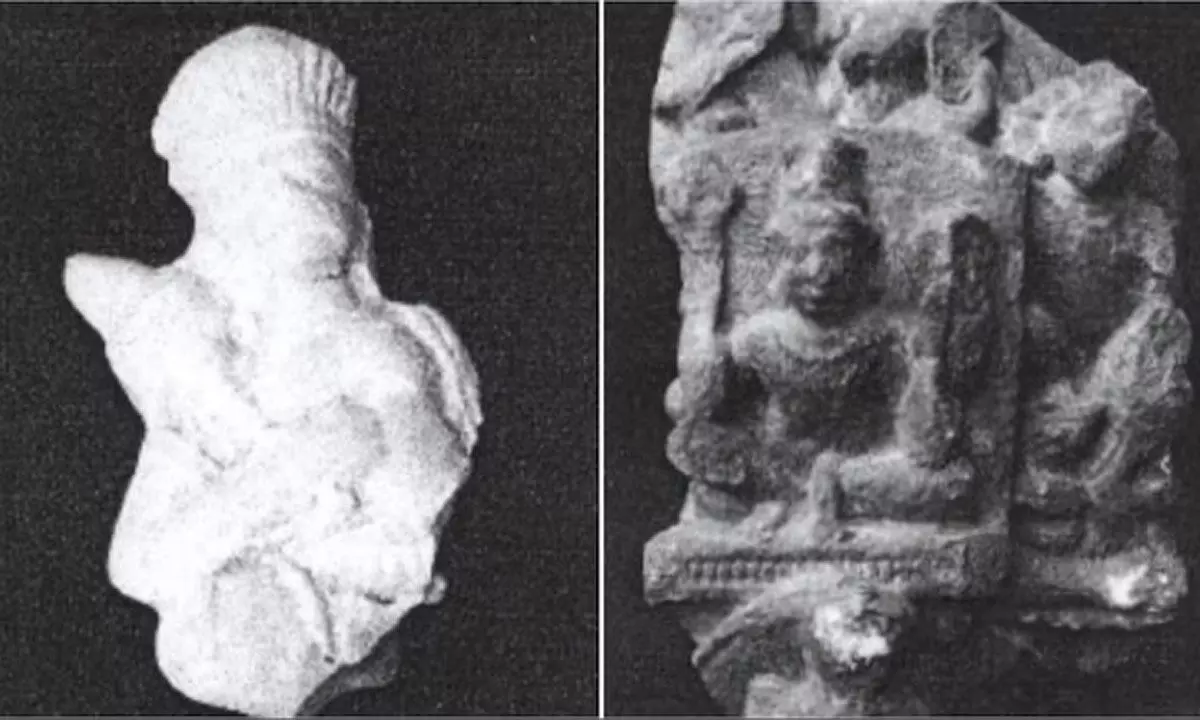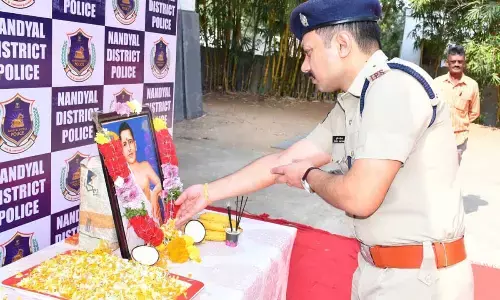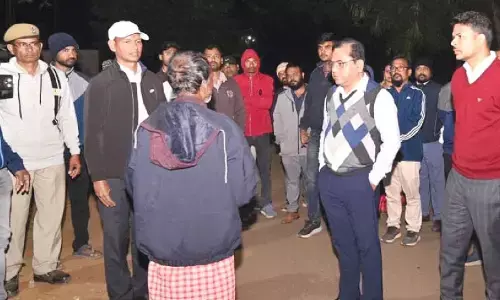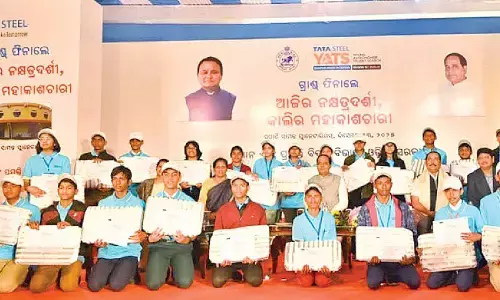Archaeological Survey Of India (ASI) Findings Illuminate Diverse Deity Worship At Gyanvapi Complex

- The Archaeological Survey of India (ASI) report sheds light on artifacts revealing the veneration of deities like Lord Vishnu and Lord Hanuman at Gyanvapi complex, challenging the initial perception of an exclusive dedication to Lord Shiva.
- Explore the diverse cultural influences and significant findings, including iconic sculptures and depictions of revered deities discovered during excavations.
The recent report by the Archaeological Survey of India (ASI) has unveiled artifacts that indicate the presence and reverence of deities like Lord Vishnu and Lord Hanuman at the Gyanvapi complex. Initially perceived as a site exclusively dedicated to Lord Shiva, the excavations reveal a rich cultural tapestry with evidence of worship for Lord Vishnu and Lord Hanuman as well. The unearthed artifacts within the temple complex showcase a harmonious blend of diverse cultural influences.
Among the noteworthy discoveries is a sculpture fragment portraying Hanuman's lower half, showcasing the iconic posture of the deity with one leg on a rock. Additionally, an Early Medieval sculpture fragment depicts a half-human, half-snake figure, possibly representing an attendant of Lord Vishnu's Varaha avatar.
Further findings include a damaged back-slab featuring a four-handed Vishnu seated in a traditional posture, holding a chakra and shankha, with the deity's regal adornment still discernible. Another Late Medieval sculpture captures the lower part of Hanuman's image, emphasizing firm feet placement on a rock.
Two sculptures of Vishnu from the Early Medieval period depict the deity in different postures—one standing on a pedestal with three of his four hands and a damaged face, and the other illustrating a devotee and an attendant by Vishnu's side, highlighting the deity's significance to followers.
Lastly, a Late Medieval sculpture portrays the upper half of Hanuman, holding a 'gada,' with the broken figure at the waist but the intact high crown signifying the revered status of the deity.




















